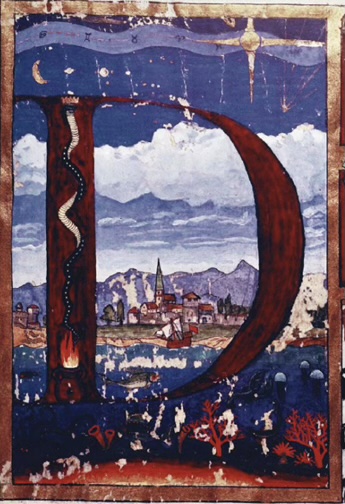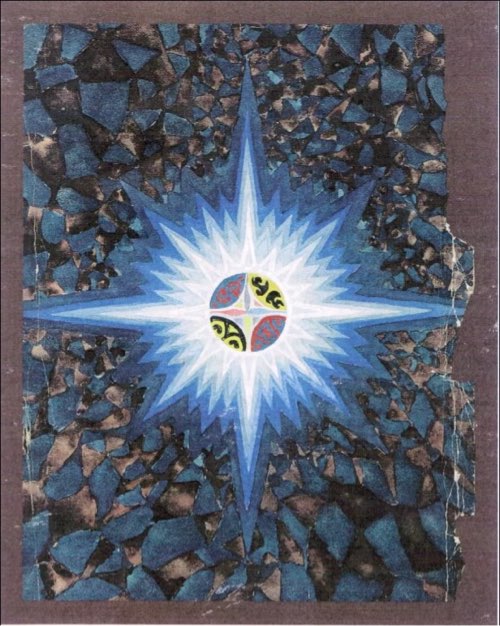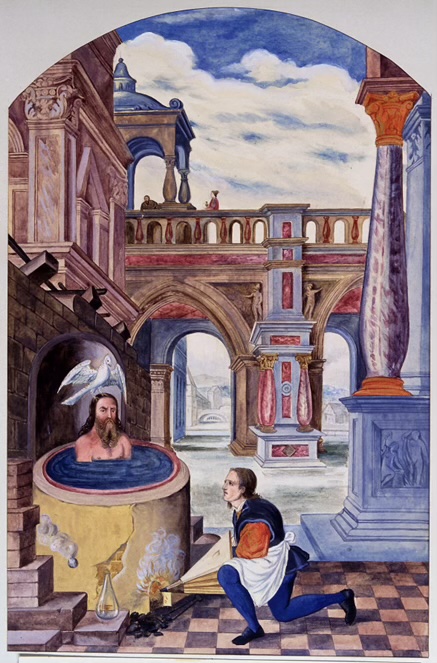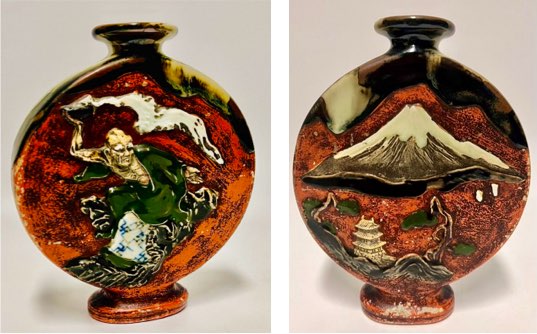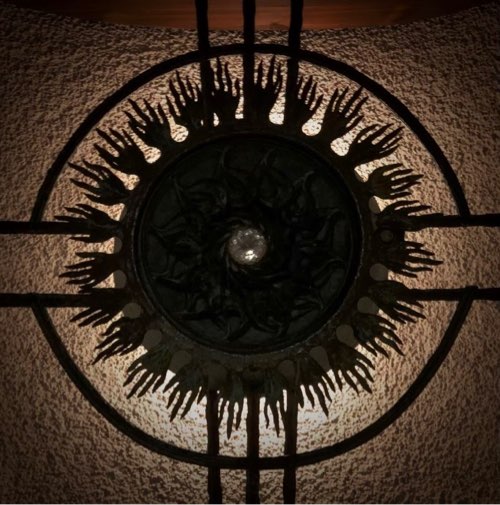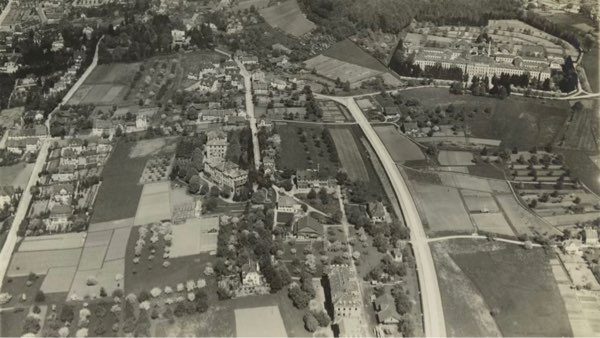
|
Der Vortrag beleuchtet die Entstehung von C.G. Jungs Studie Analyse der Assoziationen eines Epileptikers aus dem Jahr 1905 (Gesammelte Werke, Bd. 2, §§ 409‒559) und ihren historischen Kontext. Ausgangspunkt ist Jungs eigene Kindheitserfahrung einer vorgetäuschten «traumatischen Epilepsie» (Protokoll zu Erinnerungen, Träume, Gedanken, S. 234 (unveröffentlicht), die er als wichtigen Einschnitt in seiner Kindheit betrachtete. Nach seinem Eintritt in die Burghölzli-Klinik im Jahr 1900 arbeitete Jung eng mit Alfred Ulrich, dem leitenden Arzt der Schweizerischen Anstalt für Epileptische, zusammen. Jungs Forschungsergebnisse basierten auf Assoziationstests, die beide an 158 Patienten durchführten, und führten zu einer der frühesten psychologisch-experimentellen Untersuchungen epileptischer Denkprozesse. Diese Assoziationstests mit epileptischen Patienten wurden etwa zur gleichen Zeit durchgeführt wie die Tests zu den Experimentellen Untersuchungen über Assoziation Gesunder, die C.G. Jung und Franz Riklin im Jahr 1904 veröffentlichten. In seiner Analyse der Assoziationen eines Epileptikers von 1905 stellte Jung den Fall des Epileptikers Joseph M. in den Mittelpunkt. Im Zuge meiner Arbeit am dritten Band der Kritischen Gesamtausgabe von Jungs Werk ist es mir gelungen, diesen Patienten zu identifizieren, sodass nun seine Biografie sowie der weitere Kontext seiner Krankheit dargestellt werden können. Neben dem individuellen Fall werden auch die gesellschaftlichen und medizinischen Entwicklungen der Epilepsiebehandlung seit der Jahrhundertwende thematisiert. Der Vortrag behandelt zudem wissenschaftliche Fortschritte, die Rolle der christlichen Fürsorge und die Anfänge pharmakologischer Therapien. |
|






